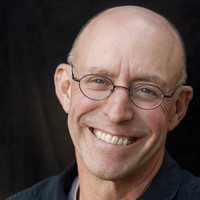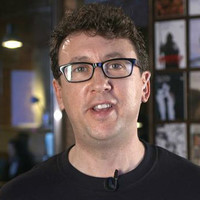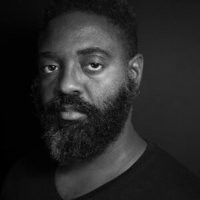Michael Pollan writes for The New York Times Magazine and The New Yorker and is the author of nine books. His latest is How to Change Your Mind: What the New Science of Psychedelics Teaches Us About Consciousness, Dying, Addiction, Depression, and Transcendence.
“I don’t like writing as an expert. I’m fine doing public speeches as an expert. Or writing op-ed pieces as an expert. But as a writer, it’s a killer. Nobody likes an expert. Nobody likes to be lectured at. And if you’ve read anything I’ve written, I’m kind of an idiot on page one. I am the naïve fish out of water. I’m learning though. The narrative that we always have as writers is our own education on the topic. We can recreate the process of learning that's behind the book.”
Thanks to Mailchimp and Pitt Writers for sponsoring this week's episode.


